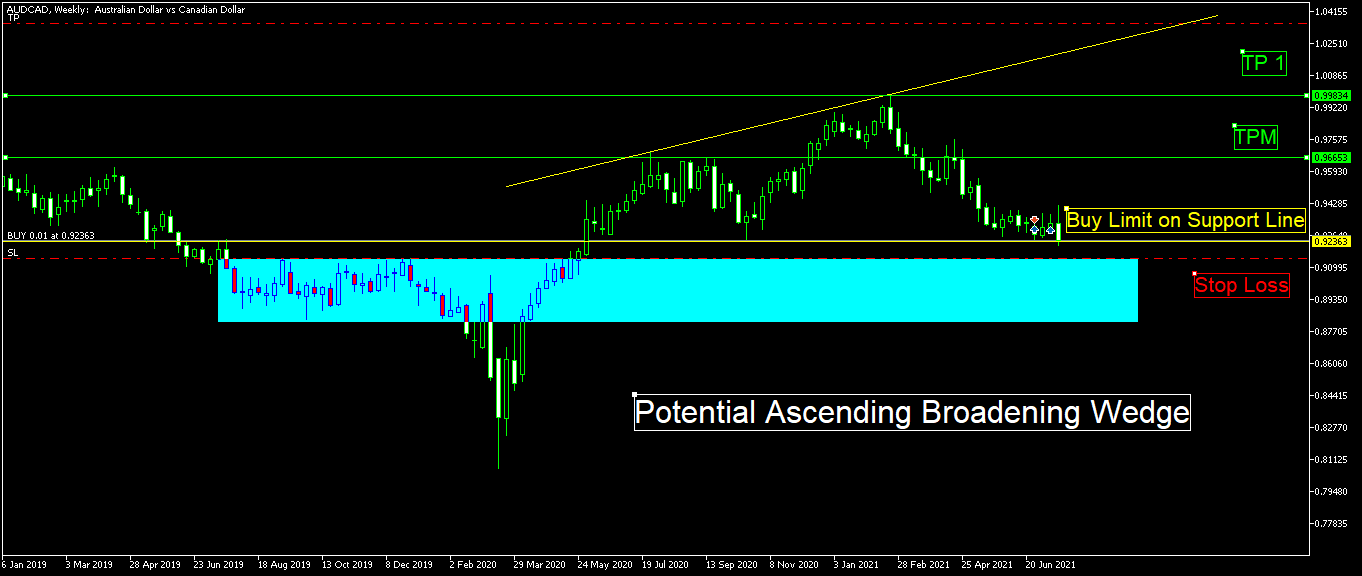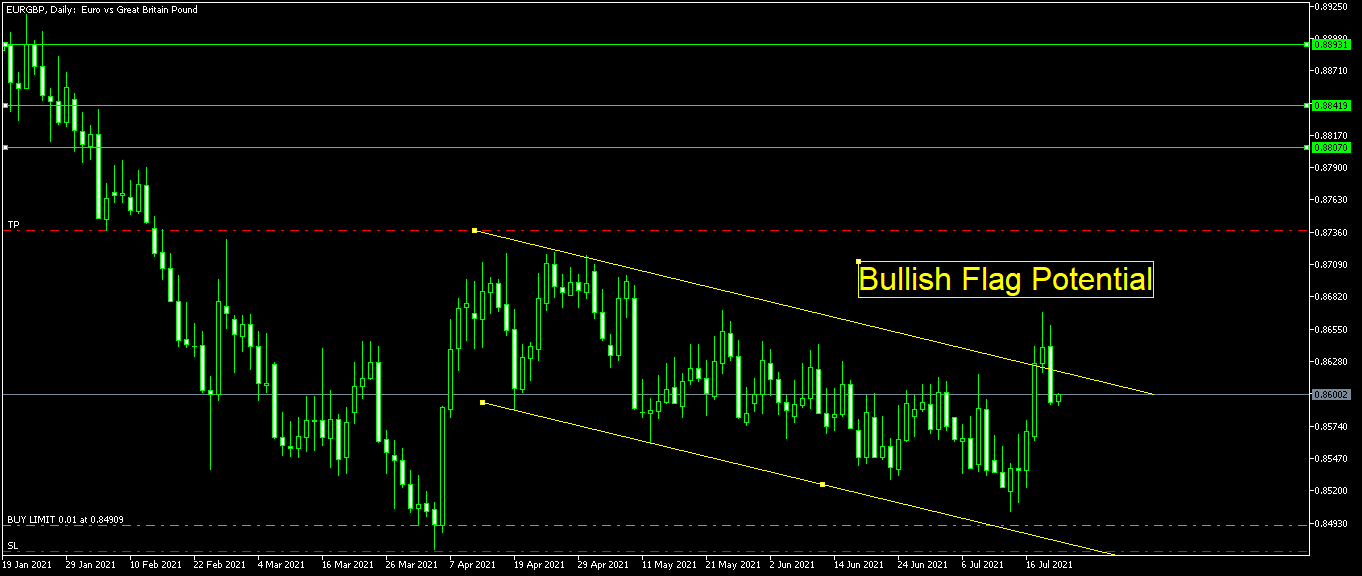Investing in the stock market can be a daunting task, especially for beginners. With so many stocks to choose from and countless factors to consider, making informed investment decisions can feel overwhelming. This is where trading signals come in.
Trading signals are indicators or patterns that provide insights into the future direction of stock prices. They help investors identify potential buying or selling opportunities based on market trends, technical analysis, fundamental analysis, and sentiment analysis.
By using trading signals, investors can make more informed decisions and improve their chances of success in the stock market.
Understanding the Role of Trading Signals in Stock Investing
Trading signals are essential tools for investors, providing valuable insights into the stock market. These signals act as a guide, helping investors navigate complexities with confidence.
By analyzing historical data and patterns, trading signals identify entry and exit points for trades. They consider technical indicators, fundamental analysis, and sentiment analysis to determine when to buy or sell stocks.
Technical indicators use mathematical calculations to identify price patterns. Moving averages, RSI, and stochastic oscillators help traders understand market trends.
Fundamental analysis evaluates a company’s financial health through earnings reports and industry performance. It helps determine if a stock is undervalued or overvalued.
Sentiment analysis assesses investor emotions towards stocks. Monitoring news articles and social media discussions can indicate buying or selling opportunities.
How Trading Signals Can Help Investors Make Informed Decisions
Trading signals empower investors with valuable insights to make informed investment decisions. By analyzing different types of trading signals, investors can gain insights into market trends, identify opportunities or risks, and adjust their strategies accordingly.
Technical analysis signals provide information about price movements based on historical data. Fundamental analysis signals evaluate a company’s financial health and growth prospects. Sentiment analysis signals gauge market sentiment by analyzing social media posts and news articles.
Considering these different types of trading signals together, investors develop a holistic understanding of the market dynamics and make better-informed decisions about stocks to buy or sell. Trading signals enhance decision-making in the ever-changing financial markets.
The Benefits of Using Trading Signals for Stock Trading
Trading signals empower investors in the stock market with valuable insights and recommendations, offering numerous advantages that can enhance their trading experience. Let’s delve into some of the key benefits:
-
Time-saving: Trading signals provide ready-made insights and recommendations, saving investors precious time and effort that would otherwise be spent on conducting extensive market analysis. This advantage is particularly beneficial for busy investors who may lack the time or expertise to thoroughly analyze market trends.
-
Reduced emotional bias: Emotions can often cloud judgment when it comes to investing. However, trading signals offer objective analysis based on data and indicators, effectively reducing emotional bias. By relying on these signals, investors can make more rational decisions free from the influence of fear or greed.
-
Improved risk management: Trading signals help investors identify potential risks and implement appropriate risk management strategies. By providing clear entry and exit points, these signals enable investors to set stop-loss orders or take-profit levels, thereby limiting potential losses or securing profits.
-
Opportunities for diversification: One of the notable advantages of using trading signals is their ability to highlight opportunities beyond an investor’s usual scope or comfort zone.
These signals can uncover stocks from different sectors or regions that offer untapped growth prospects, allowing investors to effectively diversify their portfolios.
In conclusion, trading signals are invaluable tools for stock investors as they provide valuable insights into market trends, help identify investment opportunities, and facilitate informed decision-making.
Leveraging different types of trading signals can significantly increase an investor’s chances of success in the stock market while improving their overall investment strategies.
[lyte id=’o4_mZqBOqNM’]

